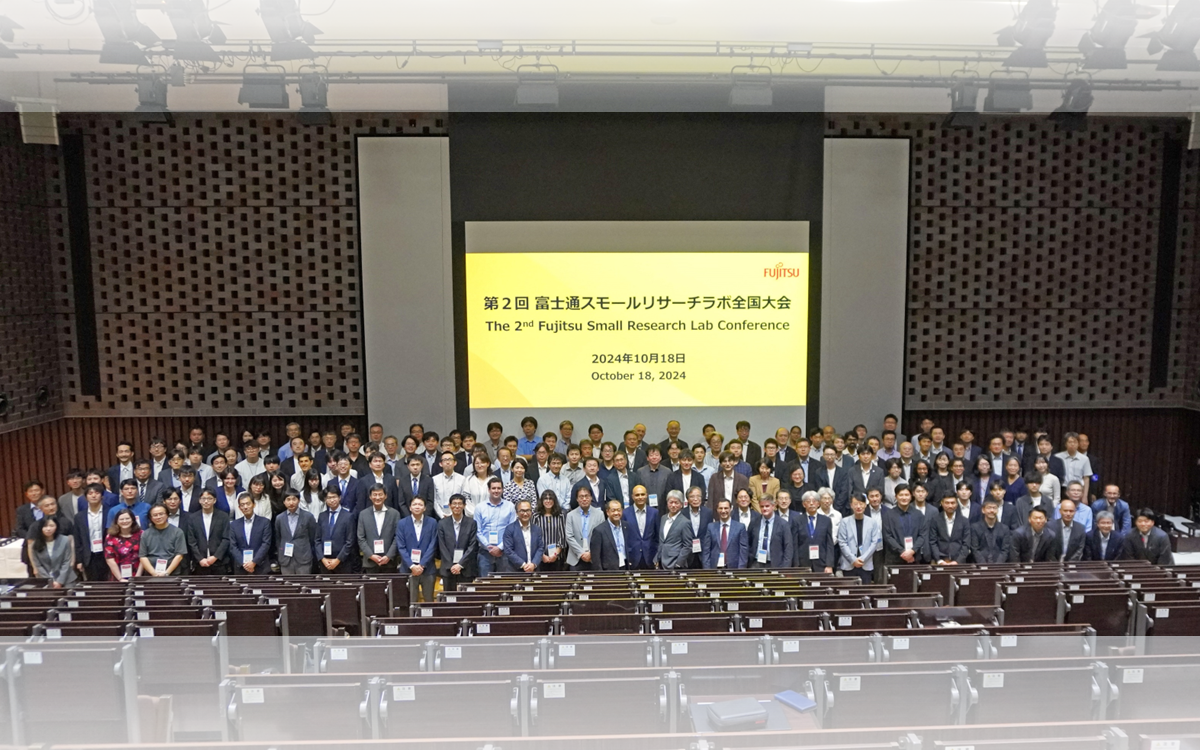
Dealing with the impact of the COVID-19 pandemic is the greatest challenge facing business in a generation.
Our customers tell us that nothing, even in the longest business career, has prepared them adequately, a view echoed by every Fujitsu colleague I speak to. Things that were familiar and predictable in our organizations have been turned upside-down.
One customer compared it to being teleported into a new company and being expected to run it from day one with no prior knowledge of its business or industry. It’s as though we have to forget what we know and start again.
But, amongst the chaos, there are some major themes emerging that can help us make sense of the changing world, themes that can provide some direction as we consider the major questions of these challenging times.
What kind of future do we want to build? How will we reimagine our businesses?
We see three key trends as being particularly relevant:
- the accelerated adoption of digital technologies
- the shift in business focus from efficiency to resilience
- the renewed emphasis on well-being and putting people first.
Let’s start with the acceleration in digital adoption. Since the pandemic struck, it’s felt like we’ve been conducting a global-scale experiment into living and working without physical contact.
As a result, many businesses have switched to home-working models where possible, and are now planning to scale back their long-term use of office space as a result. Will there be a permanent shift to home working? We think there will be.
Indeed, our recent announcement reflects our belief that a seismic shift is underway in long-established working practices.
For many, digital has become the default mode for living and working. By removing the constraint of basing employees in a particular location, many businesses are reinventing themselves, finding new ways of managing and motivating their people, and new ways to deliver customer service. It’s forcing businesses to re-imagine every aspect of their operations.
With people’s default behaviors no longer defined by attending a physical workplace, be it a shop, school or office, we have had to create new digital experiences. As a result, rapid digital adoption has created new possibilities, impacting everything from remote working to healthcare, food supply and transportation.
Of course, this acceleration comes with its own risks. For example, as we seek to protect people’s private data, how do we ensure the digital world is not subject to the same fragility as the physical world? Indeed, how do we avoid the risks of a digital pandemic on the scale of COVID-19?
The second shift we’ve seen is the shift in business focus from efficiency to resilience. The pandemic has highlighted that improved efficiency doesn’t provide protection from disruption. As a result, many businesses are now primarily focused on ensuring resilience from unexpected events.
With centralized, global supply chains severely impacted, many businesses are now imagining more distributed, demand-centric models, closer to their end customers. By connecting production and distribution processes through technology, this will lead to the emergence of new, end-to-end digital ecosystems.
To reduce risk and make business more resilient, we can expect more rapid adoption of AI and automation. Clearly, this will impact many current human roles, so we’ll need to think through the most effective way of combining people’s innovation and creativity with this new wave of data-driven intelligence.
In this climate, many businesses will need to reimagine their supply chains and operating processes, how they connect and even the very outcomes by which they define success.
Thirdly, let’s consider people’s wellbeing. All organizations have a duty of care to their employees, customers, partners and the communities in which they operate. But, while many organizations have recently rushed to enable home working, how many are giving due thought to helping employees maintain the right work/life balance?
As people move to work on-line, and away from attending physical workplaces, they become less of a collective group, operating more as skilled individuals with their own internal and external networks. As they become empowered to work more autonomously, businesses need to reimagine how to manage and motivate them.
A strong sense of corporate purpose is becoming increasingly essential to inspire the trust of multiple stakeholder groups. This is clear from Fujitsu’s recent global survey, where business leaders reflected the importance of articulating a clear shared purpose to inspire multiple stakeholders.
They increasingly understand the importance of purpose in building trust across these stakeholder groups. I believe that in the post COVID-19 world, only trusted businesses will achieve long-term sustainable growth.
The pandemic continues to transform the business and social landscape. The recovery will be a long process, and will require more than tactical deployments of digital technology to enable remote working and online business.
Rather, organizations will need to reimagine their whole enterprise, from the way their people and processes are organized, to the success factors they set and their relevance to multiple stakeholders.
To achieve this, organizations need to focus on how they reinvent their businesses for a new world. They need a clear vision and a strategy based on a well-articulated purpose, to help steer them through the uncertain times ahead. The present is uncertain, but we can build security in the future.
At Fujitsu, our purpose is to make the world more sustainable by building trust in society through innovation. In particular, in the current crisis, we believe all organizations need to work together to build a trusted future.









